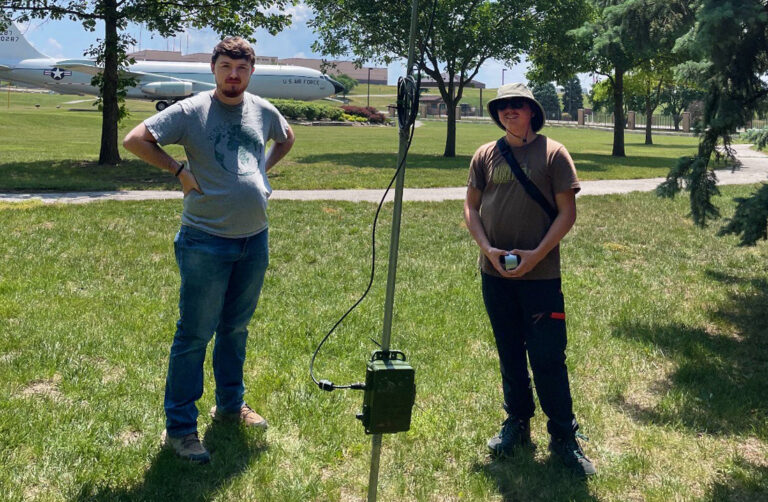CEMML provides a full range of wildlife management services. Our experts offer wildlife monitoring and surveying, invasive species control, and more.
Fish and Wildlife Services
Fish and Wildlife Management
- Expertise in threatened and endangered species management, game species management, and fisheries management.
- Field surveys and collection of baseline data.
- Tracking, trapping, and translocating services.
- Creation of effective management plans and strategies.
- Control of predators and nuisance wildlife.
- Training for specialized wildlife management needs.
Federal Compliance Support
- Biological assessments
- Integrated Natural Resources Management Plans, including wildlife and habitat management
- Field support for complying with:
- Bald and Golden Eagle Protection Act
- Migratory Bird Treaty Act
- Endangered Species Act
Inventory and Monitoring
- Development of sampling protocols.
- Surveying and monitoring of wildlife and fish species.
- Collection and analysis of field data on species abundance, distribution, and population viability.
- Collection of voucher specimens, development of image libraries for cataloging and querying.
- Entomological support (surveys for bees, butterflies and other pollinators).
Invasive Species Control
- Monitoring, surveying, and control of infestations.
Email Fish and Wildlife Services inquiries to cemml@colostate.edu.
Other CEMML Natural Resources Management Services
Related Stories

Spreading the love of monarchs: CEMML intern works with Midwestern pollinators
As part of his CEMML internship, Alexx Uecker’s work for the Midwest Natural Resources Program of the Air Force Civil Engineer Center gave him the opportunity to study bats and support important pollinators like the monarch butterfly. During his six-month experience, Uecker supported monitoring and survey efforts at Air Force bases across the Midwest.

Ecology expert joins CEMML Executive Committee
After 7 years as a principal investigator, Dr. Mindy Clarke joins CEMML’s executive committee as an assistant director. Clarke brings 25 years of environmental management experience to CEMML’s leadership team and a passion for bridging the gap between science and management.

CEMML wildlife and ecology technician wins Alaska license plate design contest
CEMML wildlife and ecology technician, Sabrina Kessakorn, recently won the Alaska state license plate design contest. She spoke to Alaska Public Media, as part of their State of Art program, about her work in wildlife and ecology and what inspires her art work.
Share this page on social media